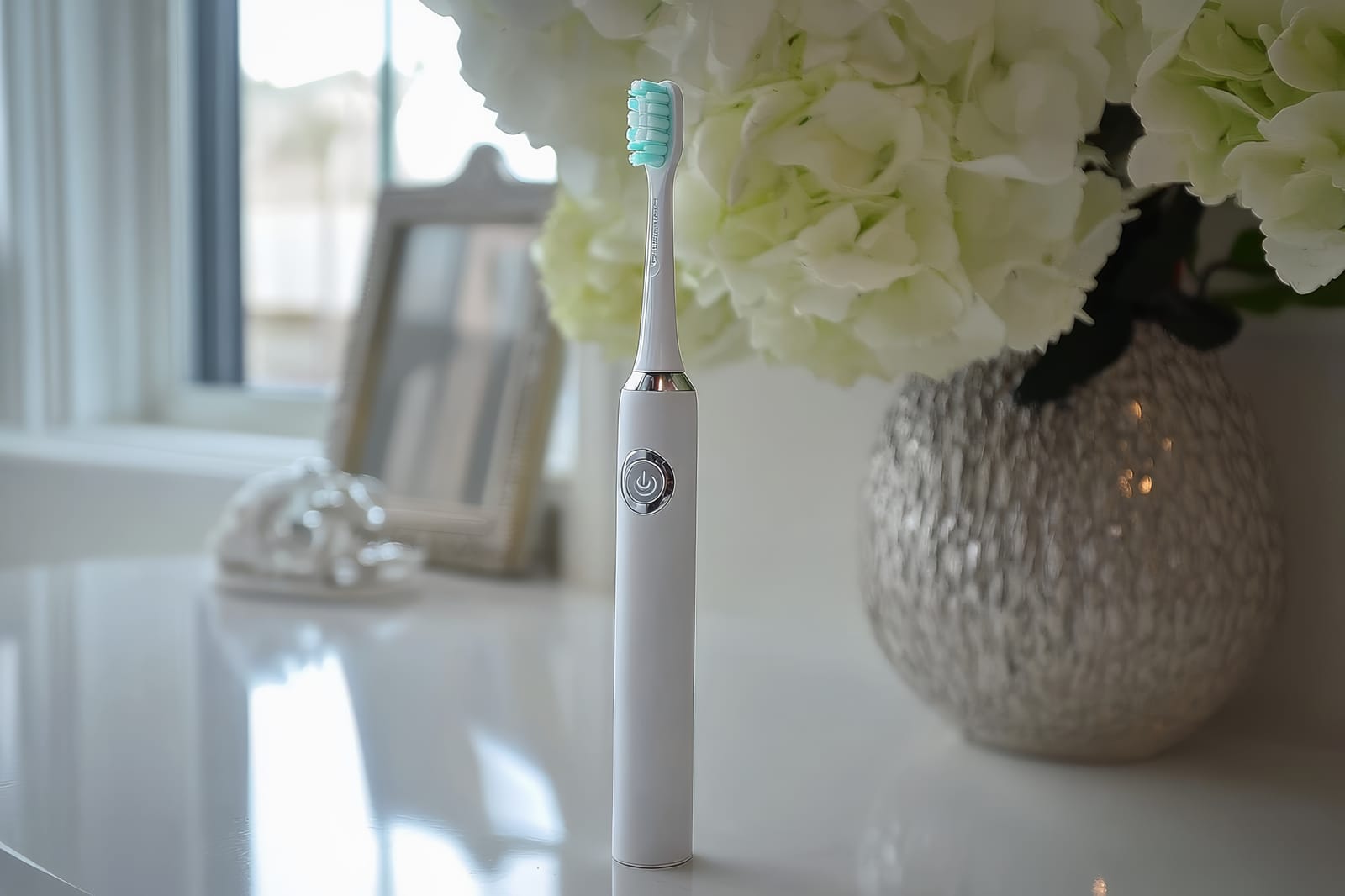How Family Dentists Use Dental Bonding To Repair Teeth

Family dentists usually use dental bonding to correct minor defects in, and damages to, teeth. It allows them to achieve aesthetically appealing results in considerably less time than other corrective options.
What is dental bonding?
Dental bonding is the use of tooth-colored resin to replace lost tooth structure or mask cosmetic defects on the tooth, including chips, fractures, breakage stains and minor gaps. The bonding material is called composite resin because it is created from a mixture of glass and plastic for strength, flexibility and translucency. The composite is additive and becomes a part of the tooth after the procedure.
Composite resin is customizable to match any tooth shade for natural-looking results. When handled by a skilled and experienced family dentist, it may be hard to tell the difference between the treated teeth and the untreated surrounding teeth. The procedure is done with minimal adjustments to the affected or existing teeth.
The bonding procedure
Since no dental laboratory work is required, tooth bonding can be completed in a single appointment with the dentist. The procedure typically takes between 30 minutes to an hour without any need for anesthesia. First, the family dentist cleans the tooth surface thoroughly, so it is free of debris and plaque. The surface is etched with acidic gel to make the bonding material stick. After rinsing off the etching gel, the dental professional applies a thin layer of color-matched composite resin on the teeth for a strong, micromechanical bond.
Afterward, a unique curing light is used to harden the resin. After curing the first layer, another layer of resin is applied and cured. The dentist continues to build up the layers until they achieve the desired thickness. After that, the tooth is shaped into its proper form with a dental drill. After achieving the right shape and form, the dentist polishes the tooth.
Caring for bonded teeth
No special treatment is required after the procedure. Patients must continue to brush and floss their teeth daily and ensure that they visit the dentist for regular checkups. It is important to note that the composite resin used is just as vulnerable to stains as natural teeth are. It is advisable to reduce smoking and intake of red wine, tea and coffee. Also, teeth whitening is not effective on bonded teeth, which means the procedure should be done before dental bonding so that the resin can be matched to the whitened teeth.
Composite resin is strong, but it will break if exposed to undue force or pressure. Ideally, patients should avoid nail-biting or using their teeth to open hard substances or materials. With proper maintenance, a bonded tooth can last between 3 to 10 years.
In conclusion
If you have a damaged tooth and think dental bonding might be a good option, contact your family dentist to enquire about this quick and easy procedure. They will be happy to guide you and help you improve the appearance of your smile.
Request an appointment here: https://www.stgeorgedentalcare.com or call St. George Dental Care at (435) 628-9099 for an appointment in our St George office.
Check out what others are saying about our services on Yelp: Read our Yelp reviews.
Recent Posts
Having a sensitive sense of smell can be both a blessing and a curse, as nothing disrupts personal comfort more than an unpleasant odor emanating from your mouth. A common concern for dental patients is the distinct and often embarrassing "rotten tooth smell." Understanding its causes, implications, and the appropriate remedies is crucial for maintaining…
Brushing your teeth is essential for maintaining a healthy, beautiful smile, and using an electric toothbrush takes oral hygiene to the next level. At St. George Dental Care, located in St. George, UT, we're passionate about helping our patients maintain optimal oral health through modern dental practices and expert advice. Electric toothbrushes are revolutionizing dental…
When it comes to maintaining your dental health, understanding the professionals who provide care can make all the difference in your experience. The terms "dentist surgeon" and "dentist" are often used, but many people don't fully grasp the distinctions between them. Are their education, scope of practice, and services they provide the same? Which should…
Does the thought of sitting in a dentist's chair make your palms sweaty? You're not alone. Dental anxiety is something millions of people experience, but we at St. George Dental Care believe visiting the dentist doesn't have to be nerve-wracking. That's why our focus goes beyond just cleanings and checkups—we strive to make you feel…


